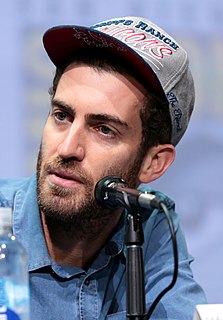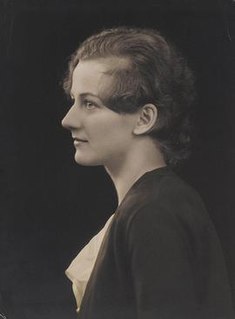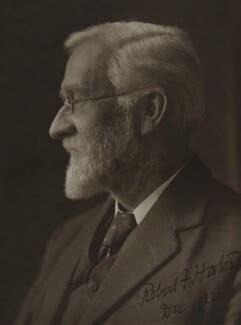A Quote by Peter Jackson
Filmmaking for me is always aiming for the imaginary movie and never achieving it.
Related Quotes
To me, achieving tone, achieving consistency, is exactly the job of a director. It is to be the fusing, the nexus of a whole bunch of people contributing to the complex life of a movie. There are actors, there's a cinematographer, there're costume people, set people, there are all these things, and you somehow have to be the person in the middle of it who is making it all synchronize into the same magic bubble.
I saw 'The Shining' in eighth grade. I watched it on VHS at a sleepover and was petrified, totally petrified. And I didn't really start to digest the movie properly and understand it from a filmmaking perspective until I got older. But it pretty much defined what it meant to be scared of a movie for me.





































